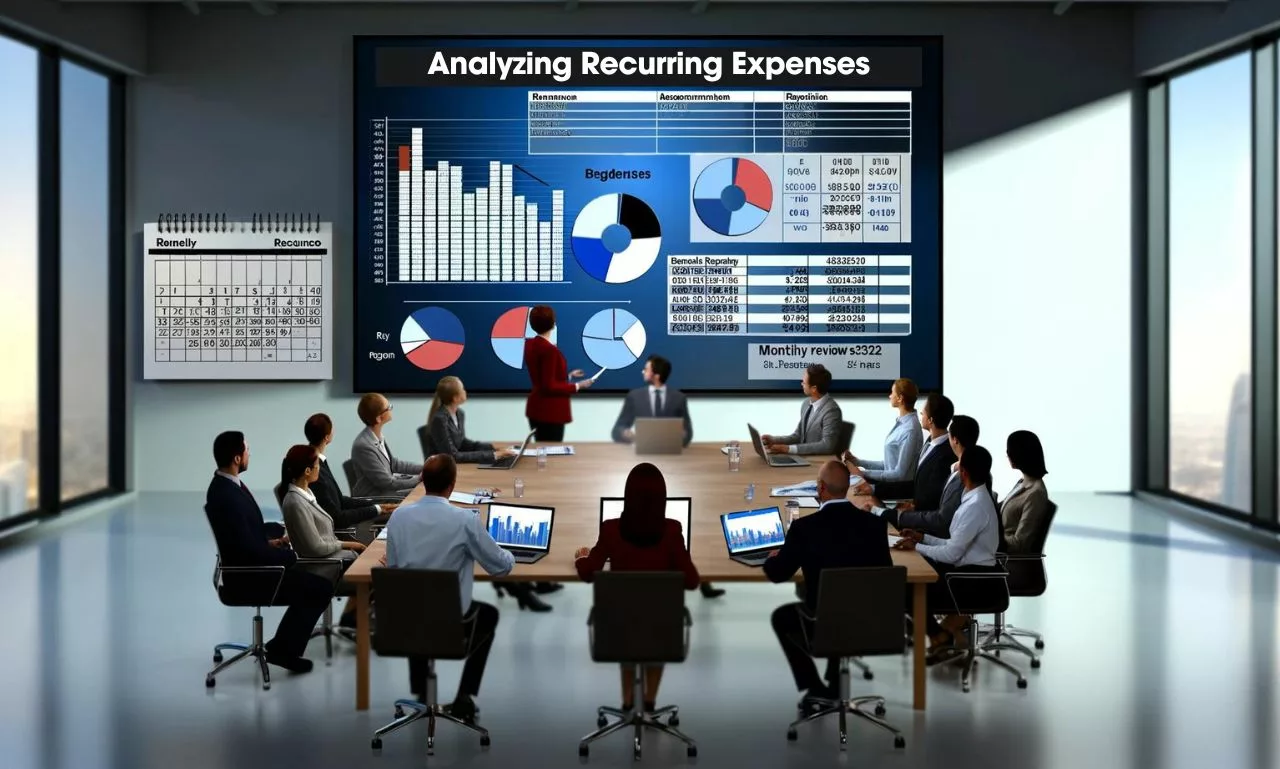Creating a budget is a fundamental step towards financial stability and success. It involves tracking income, expenses, and planning for both short-term and long-term financial goals. One critical aspect of budgeting is managing recurring expenses—those predictable and consistent costs that occur on a regular basis. Understanding when and how to incorporate these expenses into your budgeting process is essential for creating a realistic and effective financial plan.
Table of Contents
Step 1: Establish Your Financial Goals
Before diving into the specifics of your expenses, start by outlining your financial goals. This could include saving for retirement, building an emergency fund, paying off debt, or saving for a significant purchase. Clear goals will guide your budgeting priorities and help you determine how much of your income should be allocated towards recurring expenses versus savings and investments.
Step 2: Track Your Income
The next step is to determine your total income. This includes not only your regular salary or wages but also any additional sources like side gigs, investment income, or government benefits. Knowing your total income is crucial for understanding how much you can afford to allocate towards recurring expenses without compromising your financial goals.
Step 3: Identify and List All Recurring Expenses
Now, focus on identifying all your recurring expenses. These typically include rent or mortgage payments, utility bills (electricity, water, gas, internet), insurance premiums (health, car, life), subscriptions (streaming services, magazines, software), and any other regular payments like loan installments or credit card minimum payments. Listing these expenses gives you a clear picture of the fixed costs you need to cover each month or billing cycle.
Step 4: Allocate Funds for Recurring Expenses Early in the Process
Once you have a comprehensive list, the next step is to allocate funds for these recurring expenses early in the budgeting process. Since these costs are predictable and often essential (like housing and utilities), ensuring they are accounted for before anything else guarantees that you cover your basic needs without fail. This step helps prevent any surprises that could derail your budget later in the month.
Step 5: Adjust for Variability in Recurring Expenses
While many recurring expenses are fixed, some may vary from month to month, such as utility bills or variable-rate loans. For these, use your past bills to estimate an average amount, but always leave a little wiggle room in your budget for months when these expenses might be higher than usual. Reviewing and adjusting for these variances should be a monthly part of your budgeting process.
Step 6: Prioritize and Reduce Non-Essential Recurring Expenses
With your essential recurring expenses accounted for, review any non-essential recurring costs, like subscriptions or memberships. Determine which of these are truly valuable and align with your financial goals. Consider canceling or downsizing services that are not essential or do not bring you enough value for their cost.
Step 7: Revisit and Revise Regularly
Your financial situation and goals will evolve over time, and so should your budget. Make it a habit to revisit your recurring expenses regularly, at least every few months, to ensure they still align with your financial priorities. This regular review will help you make necessary adjustments to accommodate changes in your income, expenses, or financial objectives.
Step 8: Integrate Savings and Investments
Finally, after ensuring your recurring expenses are well-managed and aligned with your financial goals, focus on integrating savings and investments into your budget. Treat savings as a recurring expense, committing a fixed amount or percentage of your income towards your savings goals every month. This ensures that you are consistently working towards your financial future.
Conclusion
In summary, addressing recurring expenses early in the budgeting process is crucial for creating a realistic and effective budget. By prioritizing these predictable costs, you can ensure that your basic needs are covered, avoid financial surprises, and make informed decisions about your discretionary spending. Regularly revisiting and adjusting your budget to align with your financial goals will keep you on track towards achieving financial stability and success.
